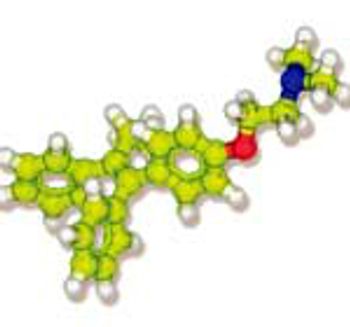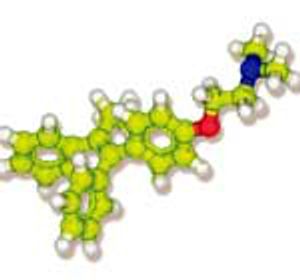
Gaining access to that top-notch doctor or medical center can present a larger hurdle for someone with an uncommon malignancy, but it is possible with a few tips.

Gaining access to that top-notch doctor or medical center can present a larger hurdle for someone with an uncommon malignancy, but it is possible with a few tips.

Finding specialized care is worth the effort for patients with uncommon cancers.

Given the mixed messages involved, it's not surprising that women with ductal carcinoma in situ can become anxious and sometimes unduly alarmed by the diagnosis.

Lobular carcinoma in situ, or LCIS, is considered a risk factor for invasive cancer.Â

Will suspicious cells remain idle or become aggressive breast cancers?

Survivors wanting to adopt may be protected from discrimination by the American Disabilities Act. Learn what you need to know.

Nature can still spring some surprises—even when the toxic effects of cancer treatments have seemingly closed the fertility door for some men and women.

Building a family after cancer treatment can be a productive challenge.

Online access to your medical records can be a valuable asset, but shouldn't replace doctor-patient communication.

Keep your electronic medical records as secure as your paper records.

Worrying about the cost of care can take an emotional toll.

Goals and milestone recognitions may help children with cancer get through treatment a little easier.

Returning to work after a cancer experience can ease income worries but can also expose other emotional issues.

Setting goals during treatment can help patients to the finish line.

Whether it’s anticipating a trip or a personal splurge, observing treatment goals can help some patients withstand the rigors of cancer therapy.

Hospital infection rates have decreased, which is good news for cancer patients.

Taking the time to do your homework can help when it comes to choosing a hospital for your cancer surgery.

Although there are advances in treating cancers linked to the human papillomavirus (HPV), the best medicine is to prevent the disease in the first place.

HPV causes surge in oral cancer rates.

Pets provide comfort, relieve stress from cancer.

For individuals whose immune systems are weakened, animals can pose a potential infection risk.

Not all cancer imaging tests are alike.

New therapies are enhancing melanoma treatment.

PARP inhibitors continue to look “promising.”

For those weighing whether to get their BRCA mutation status checked, the potential promise of the PARP inhibitors shouldn’t tip the balance—yet.

Genetic testing of children is typically discouraged by professional groups, but a recent study indicates that some parents, as well as their children, haven’t ruled out the possibility.

Parents decide if and when to share genetic risk with a child.

Breast cancer survivors who regularly take aspirin to protect their hearts may enjoy another payoff: a lower risk of recurrence.

Results of an Alimta study for maintenace therapy in lung cancer was presented at ASCO 2009.

The staging system used to classify non-small cell lung cancer has been revamped by an international consortium of researchers, as they apply a more sophisticated understanding of the malignancy.

Published: December 16th 2013 | Updated:

Published: June 15th 2014 | Updated:

Published: September 26th 2014 | Updated:

Published: November 21st 2014 | Updated:

Published: November 26th 2014 | Updated:

Published: September 15th 2009 | Updated: